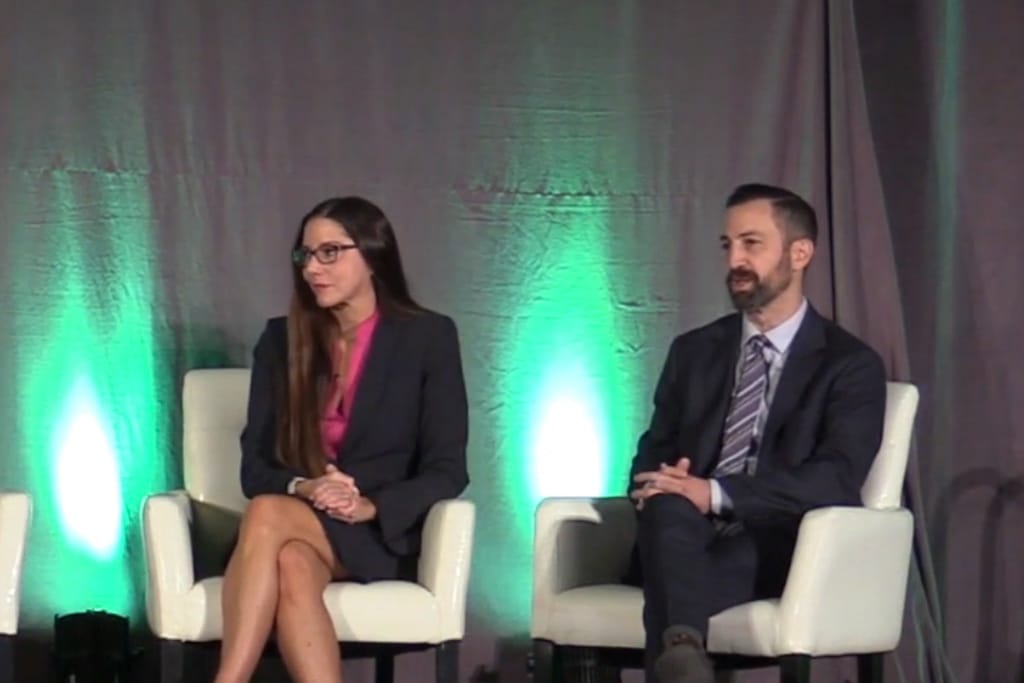Provider Input on State Programs Can Help States Attract Private Investment, Say Broadband Officials
‘We want to help you help us.’

DENVER, October 27, 2022 – By soliciting service providers’ feedback on the structure of funding programs, states can attract greater private investment in broadband, argued state broadband officials at the 2022 INCOMPAS show.
States are preparing broadband grant plans for some of the $42.5-billion from the Broadband Equity, Access, and Deployment program, which is administered by the National Telecommunications and Information Administration.
Jade Piros de Carvalho, the Kansas broadband director, said her office uses providers’ feedback on its program plans to ensure the state extends the incentives necessary for providers to enter high-cost areas. “We want to help you help us,” she told the INCOMPAS audience at a Tuesday panel.
Although states are vying against one another for private investments, Joshua Breitbart, senior vice president of New York State’s ConnectALL program, said the different broadband offices can learn from each other. “It’s not a zero-sum game, by any stretch, but we want to understand how we can be effective partners in driving that economic development opportunity that this represents,” Breitbart added.
And how can states design programs that optimize funding and attract providers? “Competition [in the broadband market] is going to drive down prices, it’s going to increase service speeds and increase customer service,” Piros de Carvalho argued. She said while Kansas won’t have the funds to “bring multiple providers to every region,” her team tries to “encourage new entrants into markets that have been ignored or are only being served by satellite or DSL.”
Kansas also prioritizes sub-grantees who commit to an open access network model, which sees multiple service providers using the same fiber line, Piros de Carvalho said.
To prevent providers from taking public funds only to leave local communities in the lurch, Piros de Carvalho said Kansas prioritizes would-be grantees who partner with local communities.
“We’re really encouraging…providers who work directly with the communities they want to serve to go into those areas, talk to the people, get letters of support, create the plans together with the community, instead of just swoop in from outside to gather up grant money,” she explained.








